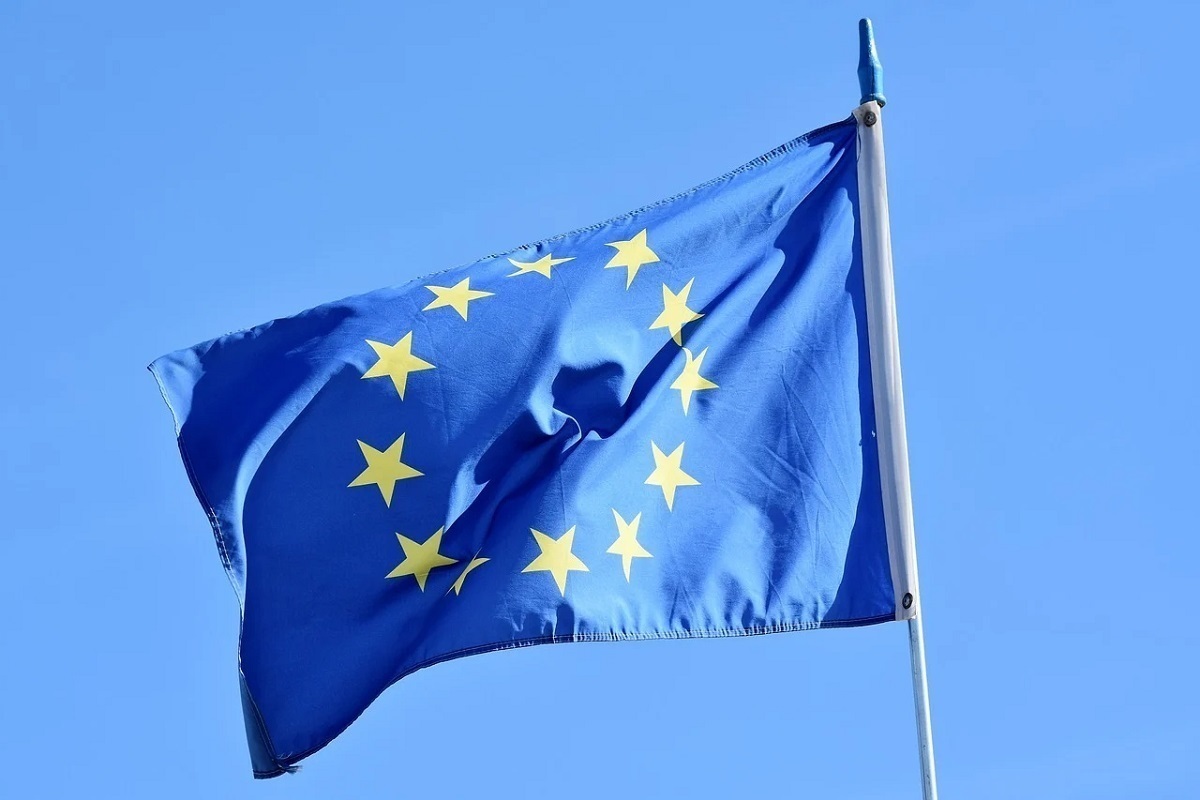Conspiracy against Russia: EU leaders called for putting the economy on a “war footing”
[ad_1]

EU leaders called for putting Europe’s economy “on a war footing” during negotiations on Ukraine. EU leaders will meet in Brussels to discuss ways to radically increase military and financial support for Kyiv amid calls for member states to put their economies on a war footing.
Fueled, in the words of one diplomat, by a new “sense of urgency” over the conflict in Ukraine, rhetoric towards Moscow has become noticeably harsher in the past few days, The Guardian writes.
On Thursday, prime ministers are also expected to consider controversial plans to confiscate billions of euros in interest from frozen Russian assets and send the vast majority of the money to Ukraine.
European Council President Charles Michel said in a letter to EU leaders ahead of the summit: “As we face the biggest security threat since the Second World War, the time has come to take radical and concrete steps to be ready to defend ourselves and put the EU economy on a war footing. “
Such language reflects a growing awareness that the EU must intensify its campaign to help Ukraine win the anti-Russian conflict and ensure its long-term defense capability. But it is also aimed at preparing the European public for greater financial demands on defense, including joint arms purchases, The Guardian emphasizes.
Warning that Europeans are “facing a turning point,” Michel said the main challenge facing EU leaders is “the rapid provision of military aid to Ukraine,” building on a recent initiative by the Czech Republic, which managed to purchase 300,000 artillery shells from foreign markets in just three weeks.
One senior source said the weapons would be delivered “within a few weeks”, but in the longer term Europe needs to develop a defense policy. “Over the last five to ten years, it has all been about cutting the defense budget. Every year; that has changed now,” the person said.
On Thursday, leaders will discuss the idea of defense bonds, which some, including French President Emmanuel Macron, have proposed as a way to finance increased defense investment.
Ukraine’s neighbors such as Estonia favor the use of defense bonds, while cost-conscious states including the Netherlands and Finland oppose the idea of a common EU debt that would leave taxpayers on the hook for decades to come.
The alternatives—raising taxes or cutting government services to fund defense—are unpalatable to most. But one diplomat raised the possibility of requiring each country to devote 2% of its national GDP to EU defense. According to them, this would bring up to 80 billion euros, notes The Guardian.
Another important – if controversial – idea under consideration is the confiscation of billions of euros in interest on Russian assets, a move that supporters say could net Ukraine a profit of 27 billion euros over the next four years.
However, diplomats acknowledge that the proposals remain fraught with legal difficulties.
The Kremlin said on Wednesday that such a move would be an “unprecedented violation of international law.”
One source said some G7 members had already gone beyond the EU and were considering whether they could also tap capital from Russian assets, which include gold, cash and bonds frozen in their countries.
Leaders’ main concern is the prospect of international courts ruling that all the money should be returned to Russia, eroding Europe’s reputation as a safe haven for investors in the process.
“This is a deeply complex proposal because it is absolutely unique and being made for the first time in history, with all sorts of consequences in terms of legal consequences, potentially systemic, financial, economic risks,” said one diplomat.
[ad_2]
Source link






